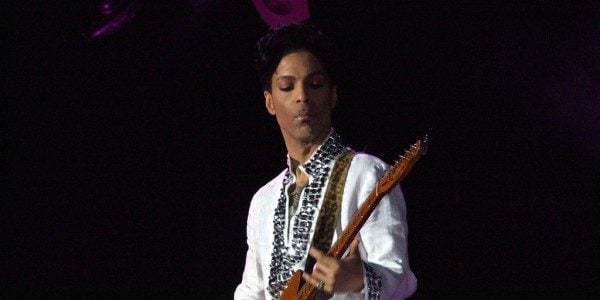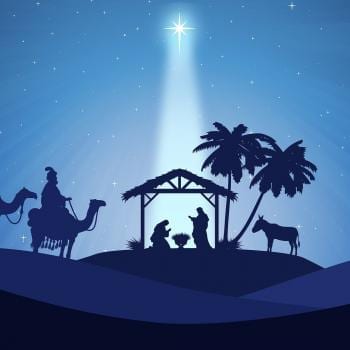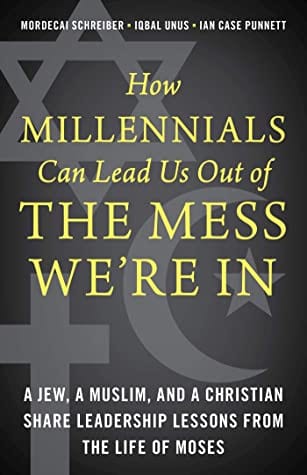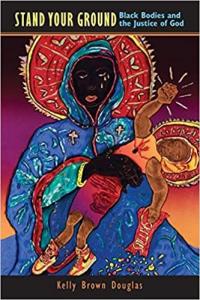Picture this: After an hour-long, particularly excruciating routine of finally getting your baby to sleep, the doorbell rings.

They stand ready to invite themselves into your world and to tell you their interpretation of the Bible.
But you’re in no mood for them to come into your world.
You’ve just raced down for your baby’s room, the dog is going ballistic (my dog exhibits a particular brand of hatred for mail-carriers and religious proselytizers), the baby is beginning to cry, and you’re seething at the prospect of spending another 45 minutes getting her back to sleep.
At this point, you could care about who gets to be one of the 144,000 in heaven, and–since that bus has already been filled up anyway–you’d just as soon be one of the damned in hell, so long as there are no door-to-door proselytizers there.
But now, imagine you recognized one of those proselytizers at your door as Prince–the world-famous pop star, Prince Rogers Nelson.
Would that have changed your mood?
That’s the fascinating scenario that became real life for at least a few people in the Minneapolis suburbs, in the years since Prince had become a Jehovah’s Witness. He went door-to-door (from time-to-time), in accordance with JW expectations.
A CNN article today told of an anecdote from his evangelism efforts in the Minneapolis suburbs (might well have been the one I live in):
“He didn’t want to dishonor the faith. He wanted to be just one of us,” said James Lundstrom, a fellow parishioner and religious friend of Prince’s since 2002. Lundstrom said since 2006, Prince called St. Louis Park his congregation, engaging regularly in the door-to-door ministry practiced by Jehovah’s Witnesses.
On one occasion, remembered Lundstrom, Prince knocked on a door in a middle class suburb of Minneapolis. A woman answered and stared at the instantly recognizable singer, easily the Twin Cities’ biggest celebrity, Lundstrom recalled. “In the middle of Prince’s very nice Bible presentation, the woman says, ‘Excuse me, but has anyone told you that you look a lot like Prince?’ He looks at her and says, ‘It’s been said.’ Then goes back to his presentation. When the woman asked Prince for his name, Prince said, ‘Rogers Nelson,'” his middle and last name.
I suspect that if it were me–if I had recognized the pop star Prince at my door, I would have invited him into my house. I would have been quite happy to hear his interpretation of “the word” in John 1:1, his Christology, his explanation for why only 144,000 people can go to heaven, and so on.
The inconvenience would have faded in contrast to the sheer novelty and surprise of the occasion, not to mention having great material for classroom stories about religious sects or evangelism or, well, having Prince in your freaking house.
The point of this post is not to guilt you into inviting into your home the next JW’s–or Baptists, or Mormons, or politicians or salespeople (for that matter) that come knocking. I don’t plan to.
Rather, what struck me about this unusual experience (for those who did experience it), is that, for many people still today, religion fills a hole impossible to fill by any other means. Apparently in Prince’s situation, fame, wealth, and success on the greatest stages available to him, still did not do for him what his faith did for him. And it meant so much to him, that he was willing to share it with others–even in such an ignoble way as knocking on strangers’ doors.
Religion gives many people meaning, a sense of significance and transcendence, connection to God and to others. And that’s worth sharing–in all sorts of ways.
Going door-to-door is definitely not my style. And my present faith community doesn’t encourage that method. But, I might look a little bit differently at my next encounter with someone for whom that is their style, and for whom that is the method of their community–to share the hope and meaning they’ve found for themselves, with others.











